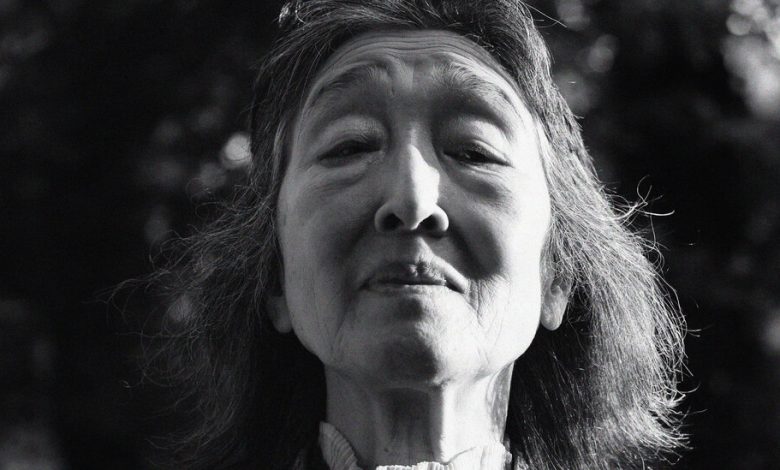Mitsuko Uchida Says What She Thinks

Mitsuko Uchida is one of the world’s foremost pianists, renowned for her crystalline touch and her interpretations of Mozart and Schubert. She is in demand at leading concert halls and festivals, but is also a celebrated mentor to young performers. She is of such stature that she often travels with her own 1,064-pound Steinway Model D concert grand piano, as well as a dedicated technician for it.
Periodically, for about two years, I had been working to land an interview with Uchida, 75, who was born in Japan and moved at age 12 to Austria, where her father became Japan’s ambassador. She remained there to study music when his diplomatic career took him elsewhere, and now lives in London. At this point (many of her recordings are considered standards), she has little need for publicity. But she agreed to speak one recent afternoon, to discuss the Ojai Festival in California, which begins on Thursday with her as this year’s music director.
When we met in the lobby of a hotel on the Upper East Side of Manhattan, Uchida was in the middle of a particularly busy stretch of concerts. Almost immediately, our conversation took an unexpected turn, as she made it clear she was irked by my questions about her life and music.
When I asked how she saw this stage of her career, she gave a blunt and direct response: “I don’t self-analyze.”
But she sat for 75 minutes, offering her unvarnished take on the world and discussing creativity, new music, the pandemic and why she doesn’t conduct Beethoven from the keyboard. (Noting the “conflict and confrontation” in Beethoven, she said that “to induce and incite conflict from others toward me while I’m playing is difficult.”) She spoke about her plans for Ojai, where she will play solo works and conduct Mozart piano concertos with the Mahler Chamber Orchestra (“Mozart is conversational; it is an opera”).
A scholarly artist, Uchida was intent on testing my musical knowledge, stopping the interview several times to quiz me on the German Renaissance, the invention of musical copyright, Bach’s “St. Matthew Passion” and the deaths of Schubert and Webern. Unimpressed, she at one point suggested I leave my job for a year to study music full time.
